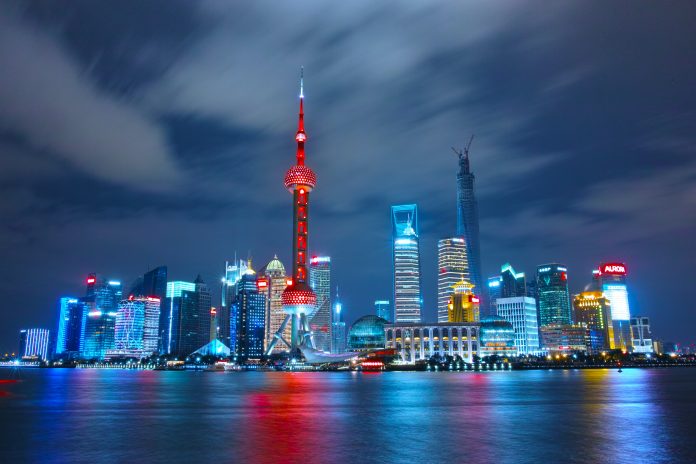
The largest container carrier in the world, Maersk Line has warned about the potential impact of the electricity challenges in China on the supply chain sector, while major manufacturing areas in China such as Guangdong, Jiangsu and Zhejiang, are subject to electricity rationing measures.
As of today, 20 out of 31 provinces in China are subject to restrictions to various degrees, with Maersk saying that the electricity shortages are caused by a combination of factors, hereunder high coal prices, unpredictable weather patterns and challenges of meeting energy and emissions goals.
The Danish shipping company noted that this situation may cause increased cost, lower productivity levels and delays in delivery.
“Coal prices have more than doubled in the last year, causing electricity costs to surge. According to the National Reform and Development Commission, power prices may rise to 20% higher than current levels or to pre-approved benchmark prices set by the government. Additionally, new reforms may entail that industrial and commercial users will have to purchase electricity at market prices, rather than through the current power purchasing scheme that has kept costs artificially low for large consumers. This may result in an increase in the cost of production,” explain Maersk in its announcement.
Additionally, rationing measures have limited many factories to fewer days of production. As China enters the winter season, where the general need for electricity increases, it is expected that the coal and power supply crunch will continue, according to Maersk which said that the level of disruption to manufacturing will in part depend on the severity of the winter and the corresponding need for electricity for heating purposes.
Regarding potential delays, Maersk mentioned that whilst consumer needs are anticipated to be high during the end-of-year holiday shopping season, supply lines are impacted by rising raw material costs, port delays and shortage of shipping containers. “This may have an adverse effect on supply chains and delivery,” pointed out Maersk.





